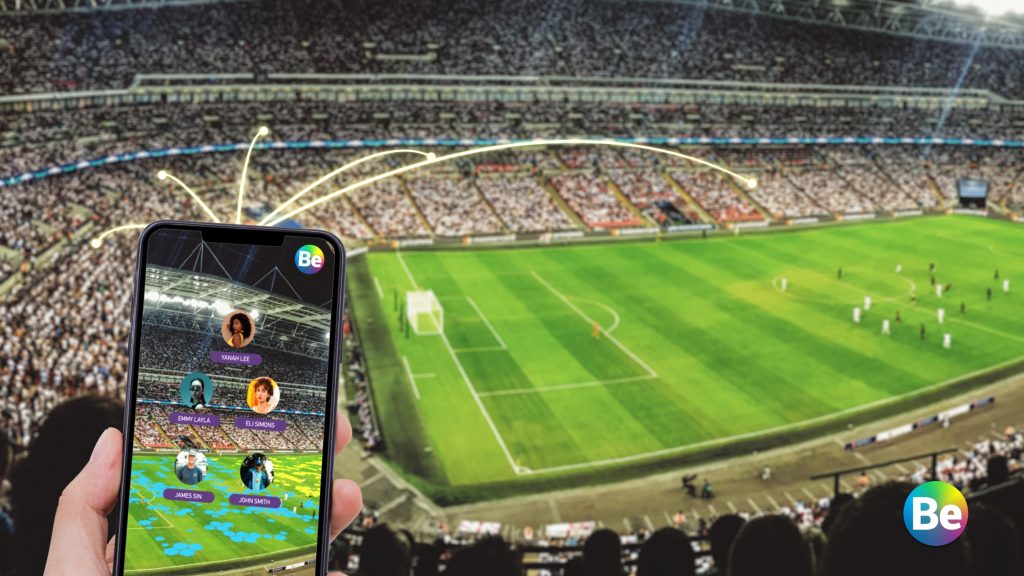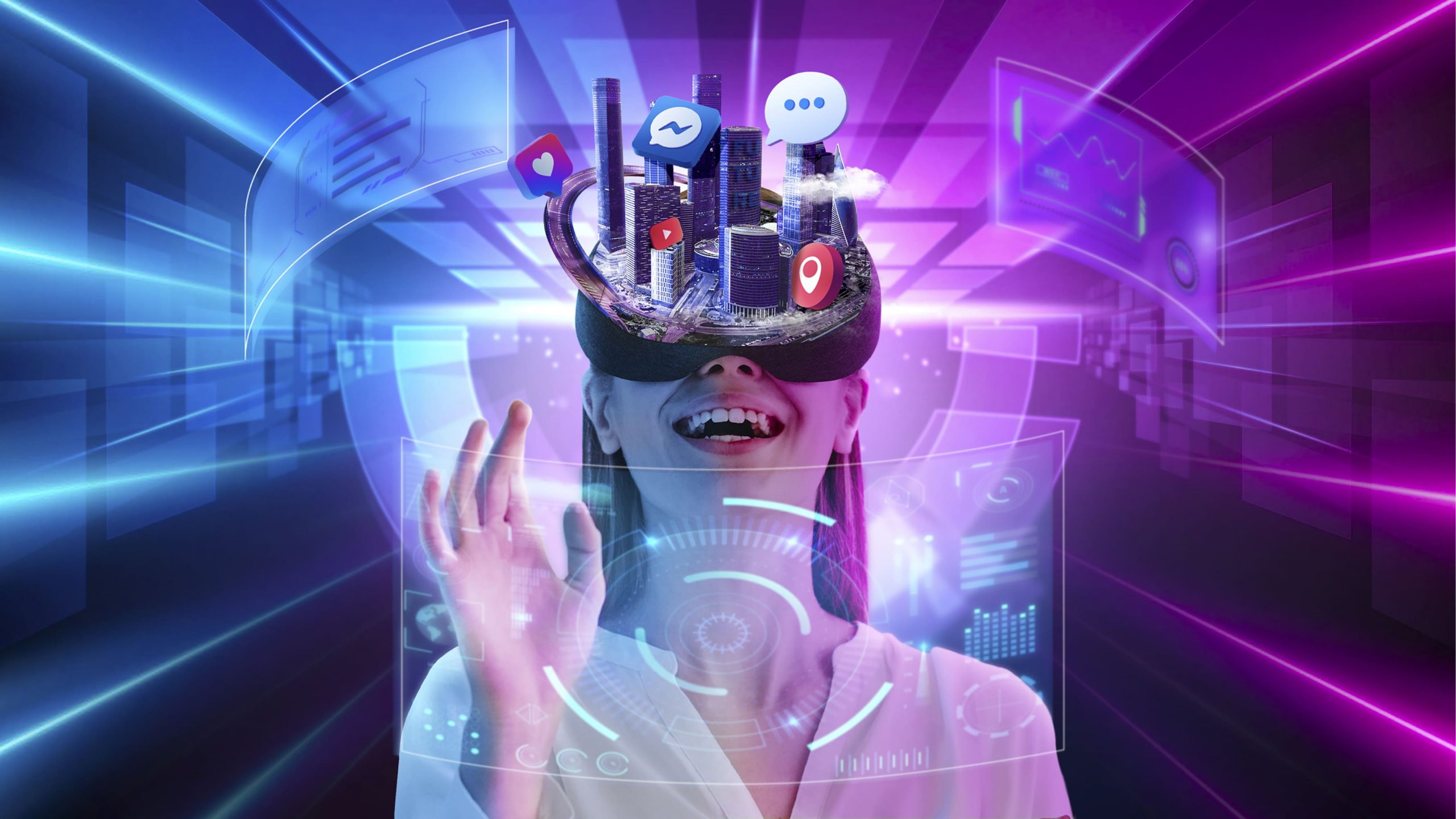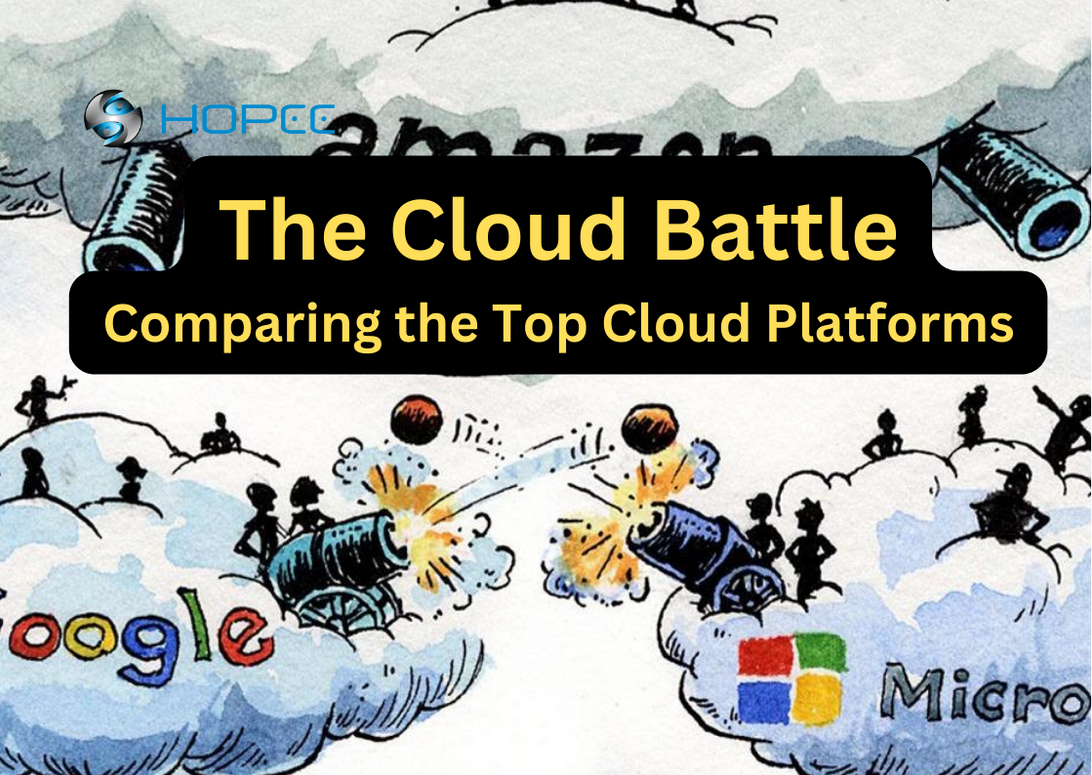Industry 5.0 refers to the latest stage in the evolution of the manufacturing sector, characterized by the integration of advanced technologies such as artificial intelligence, Internet of Things (IoT), big data, and advanced robotics.
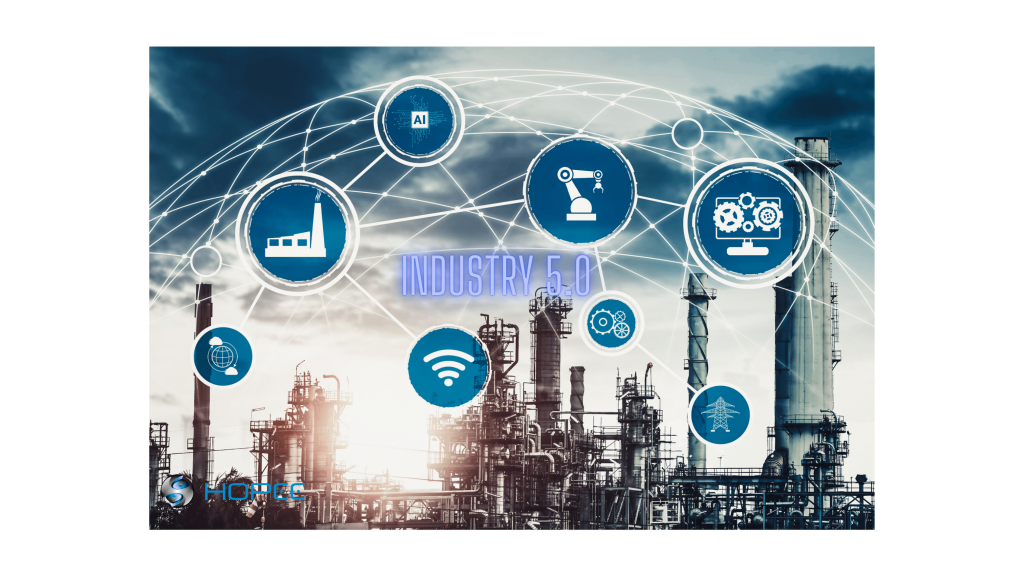
The term Industry 5.0 was first introduced in Germany in 2011. It describes the new wave of digitalization that was transforming the manufacturing landscape. Since then, the concept has gained widespread recognition. It has now become a buzzword in the business and technology communities, as well as among policy-makers and academics.
History of Industry 5.0
The history of Industry 5.0 can be traced back to the First Industrial Revolution, which took place in the late 18th and early 19th centuries and was characterized by the use of steam power and water power to drive machinery.

This was followed by the Second Industrial Revolution, which saw the widespread adoption of electrical power, the telegraph, and the telephone. Industry 3.0 also known as the Digital Revolution, was marked by the widespread use of computers and information technology. The Fourth Industrial Revolution, or Industry 4.0, characterizes the widespread adoption of advanced technologies the Internet of Things (IoT), artificial intelligence (AI), and robotics.
Industry 5.0 is a natural, inevitable progression from Industry 4.0. It is a new era of manufacturing innovation and growth. Connected, intelligent factories with real-time communication and interaction lead to efficient, flexible production. Key: integration of digital tech in manufacturing process. Greater automation, efficiency, and improved product quality.
Industry 5.0 and its implications for businesses
One implication of Industry 5.0 is the use of technologies such as AI, big data, and the Internet of Things. These technologies are transforming the way we design and deliver products, leading to a more efficient and streamlined supply chain.
Another important implication of Industry 5.0 is the increased importance of human-centered design. In this new era of manufacturing, workers and consumers are at the forefront of technology development and implementation. Consequently, this ensures that the advancements align with the needs and values of society.
The most significant implications of Industry 5.0 is the impact it will have on employment. While robots may replace some jobs, the shift towards Industry 5.0 is creating new and more advanced roles. Additionally, many workers will need to reskill as they learn to work with the advanced technologies.
The impact of Industry 5.0 will across a range of industries, from manufacturing to healthcare and beyond. In the automotive industry, it leads to development of self-driving cars and integration of connected and intelligent systems into vehicles. For healthcare sector, Industry 5.0 leads to the development of advanced medical technologies such as smart prosthetics and telemedicine, allowing for more personalized and efficient healthcare.
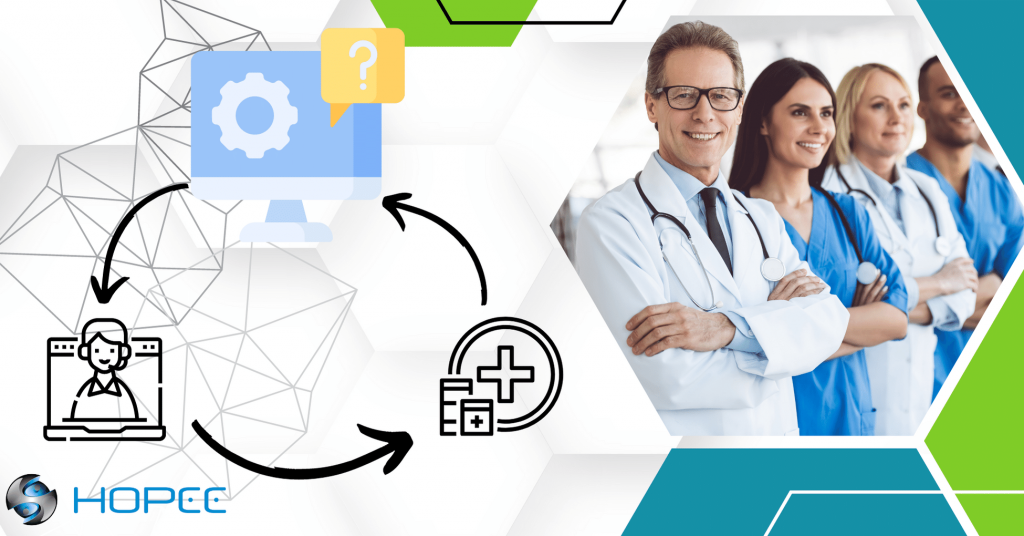
How can businesses adapt to this Industrial Revolution?
- Increased automation: The integration of advanced technologies such as artificial intelligence and robotics into the manufacturing process can increase the level of automation in businesses, leading to improved efficiency, reduced costs, and improved product quality. Businesses can leverage these technologies to automate repetitive tasks, freeing up workers to focus on higher-value tasks.
- Improved data analysis: The rise of big data and the Internet of Things means that businesses have access to vast amounts of data about their operations, customers, and the market. With the right tools and technologies, businesses can use this data to inform their decision-making, improve their performance, and gain a competitive advantage.
- Personalized products and services: Industry 5.0 is leading to the development of personalized products and services, designed to meet the specific needs and preferences of individual consumers. Businesses that embrace this trend can differentiate themselves from their competitors and build deeper relationships with their customers.
- Increased sustainability: The focus on human-center design in Industry 5.0 means that businesses have a greater responsibility to consider the environmental and social impact of their operations. This can lead to increased sustainability, as businesses adopt more environmentally friendly practices and technologies, and seek to create products that have a positive impact on society.
- Reskilled workforce: The advancements brought about by Industry 5.0 will require workers to reschange their skills to keep pace with the changing business landscape. Businesses that invest in training and reskilling programs for their workers will be better positioned to succeed in the Industry 5.0 era.
HOPEE Strives Ahead In The New Industrial Revolution
In Vietnam, HOPEE are among those who innovates processses to adapt with the new era. Our solutions run across various industries such as manufacturing, e-commerce, retail and healthcare. We want to seize this opportunity to become a leading tech company in Industry 5.0.
HOPEE provides you with excellent products and reliable services, with an affordable. Contact us now and let’s make something great together!
Read more of our success stories and other hot topics in tech such as ChatGPT, Layoffs, etc.


